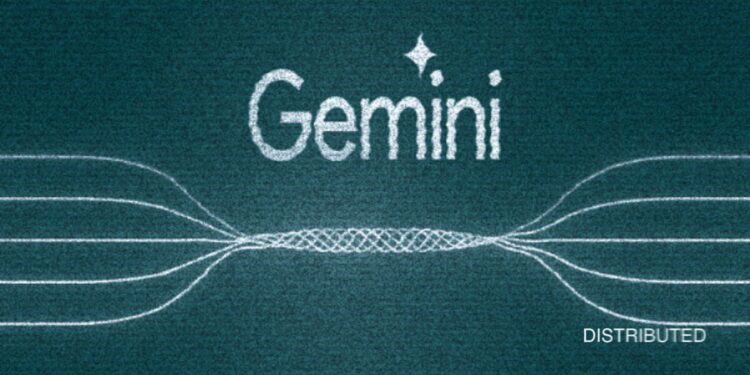Google has recently unveiled its latest and most ambitious AI endeavor yet. Designated as “Gemini”, it is “the most capable and general model” built by the company.
According to Demis Hassabis, CEO and Co-Founder of Google DeepMind, “Gemini is the result of large-scale collaborative efforts by teams across Google, including our colleagues at Google Research.”. Google first announced the project back in May 2023 during Google I/O. Since then, Gemini has garnered plenty of attention as a suitable competitor to OpenAI’s GPT-4.
According to Hassabis, Gemini “was built from the ground up to be multimodal, which means it can generalize and seamlessly understand, operate across and combine different types of information including text, code, audio, image, and video.”.
See Related: Lightning Network Upgrades Coming To El Salvador Bitcoin ATMs
Sizes In Gemini 1.0
The first generation of Gemini (called Gemini 1.0) comes in 3 different sizes: Gemini Ultra, Gemini Pro, and Gemini Mini. Google claims their new MLLM (multimodal large language models) exceeds the performance of other similar models on most academic benchmarks such as MMLU, GSM8K, etc.
Speaking positively on the impact Gemini will make in the AI industry and the potential it holds, Google CEO Sundar Pichai said, “This new era of models represents one of the biggest science and engineering efforts we’ve undertaken as a company”.
Currently, Google is integrating Gemini Pro in many of its products, including Bard and Google Pixel. Gemini Ultra is only available to selected individuals and experts “for early experimentation and feedback”.



